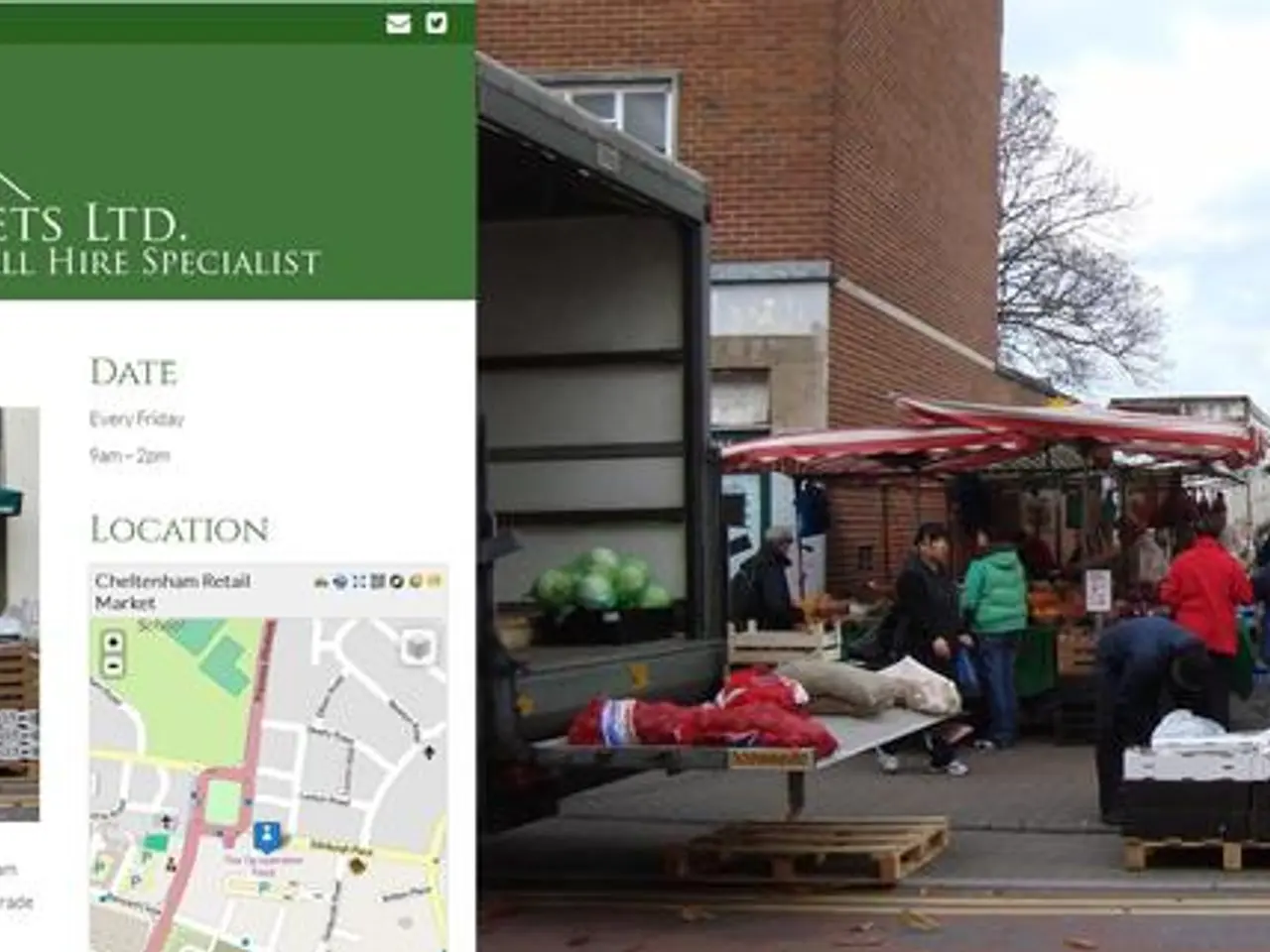Inquiring about Natural Gas Drilling: Key Questions for Citizens and Local Officials to Consider
In the face of anticipated natural gas extraction in Ohio's Utica and Marcellus shale regions, communities are taking strategic steps to prepare for the potential changes. This article outlines key areas of focus to ensure a sustainable and beneficial outcome for all stakeholders.
## Economic and Fiscal Impact Preparation
Communities are advised to focus on economic diversification, investing in local businesses, renewable energy sources, and tourism to mitigate dependence on natural gas extraction. Fiscal planning is also essential, with governments wisely managing revenues from natural gas extraction to create funds for future infrastructure development and community needs.
## Environmental Impact Preparation
Thorough environmental assessments before commencing extraction activities are crucial to identify potential risks and develop mitigation strategies. Compliance with environmental regulations can reduce the risk of pollution and environmental damage.
## Policy Impact Preparation
Developing and updating policy frameworks to address the unique challenges and opportunities presented by natural gas extraction is essential. This includes regulations on safety, environmental protection, and community engagement. Encouraging dialogue between local communities, government agencies, and industry stakeholders can help build trust and ensure that concerns are addressed promptly.
## Population and Social Impact Preparation
Anticipating population growth by investing in infrastructure such as housing, schools, and healthcare facilities can help support the influx of workers and their families. Increasing access to social services, such as healthcare and mental health support, can help address the social impacts of rapid population changes.
## Examples from Existing Projects
Examples of companies making an impact in the region include Infinity Natural Resources, focusing on "lower level" M&A in Ohio's Utica Shale, potentially impacting local employment and economic activity. The economic benefits from projects like Shell Polymers Monaca have been questioned, highlighting the need for careful planning to ensure that economic growth is sustainable and beneficial to the community. The conversion of a coal power plant to a natural gas power station in Pennsylvania, as demonstrated by Frontier Group's project, demonstrates how natural gas can be integrated into economic development plans, creating jobs and stimulating local growth.
By adopting these strategies, communities in Ohio's Utica and Marcellus shale regions can better prepare for the potential changes brought about by natural gas extraction. It is crucial for local governments, environmental and community organizations, and citizens to work together to influence state legislation and policies that affect the potential social, economic, and environmental impacts of natural gas production.
- To minimize potential environmental harm, it would be prudent for communities to conduct comprehensive evaluations of the soil and natural resources before extraction activities, abiding by regulations to decrease risks of contamination.
- Collaborative efforts in environmental-science can contribute significantly to the development of effective conservation strategies for the soil and natural resources in the Utica and Marcellus shale regions.
- In order to create a balanced outcome for various stakeholders, communities may consider diversifying their industries and investing in renewable energy sources as a means to curb over-reliance on natural gas industries finances.
- With the anticipated growth in population due to industrial activities, it is essential for communities to allocate funds towards improving, or building new facilities for housing, education, and healthcare, thereby addressing social needs in an efficient manner.




